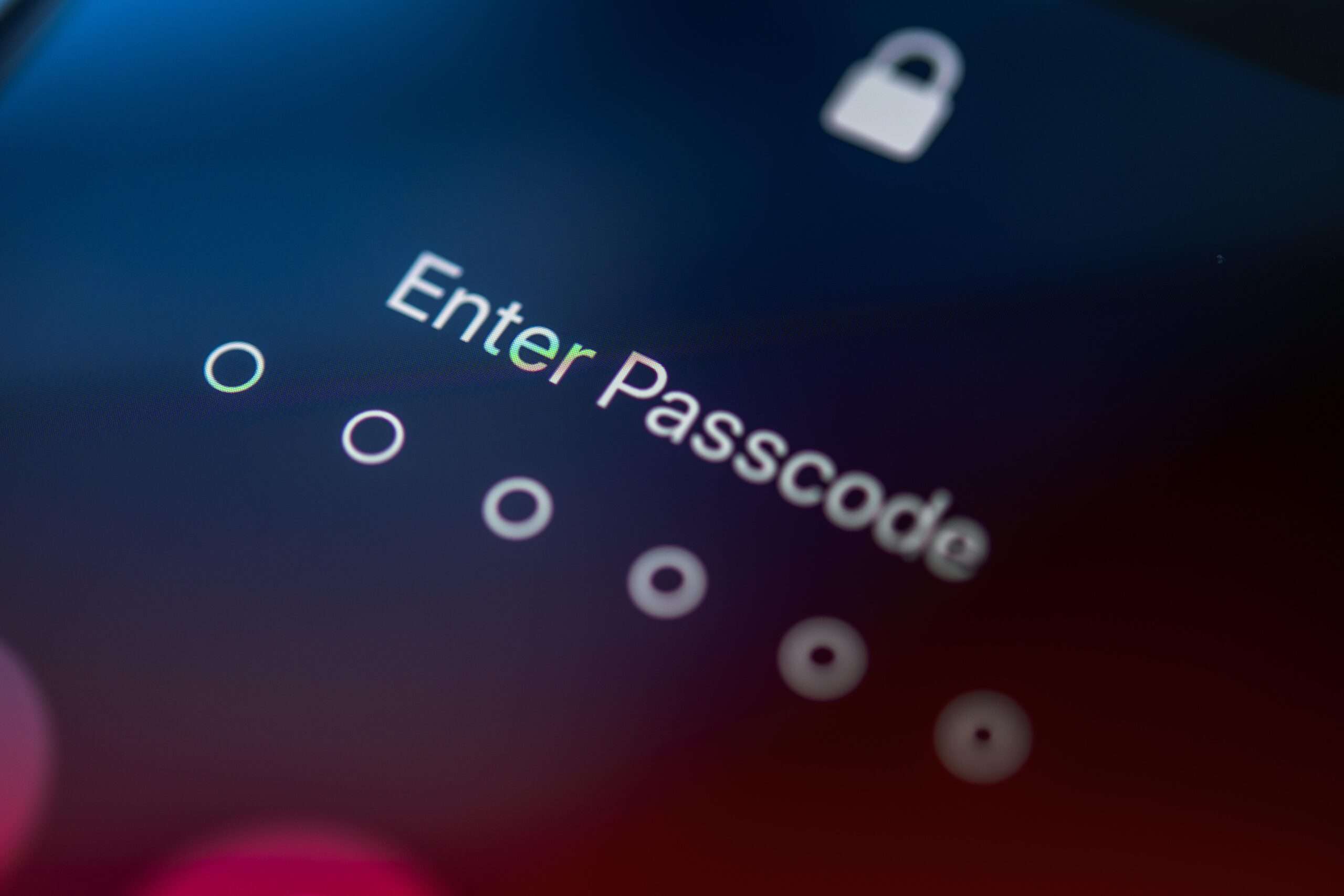Apple Enhances Privacy Measures to Complicate Access for Criminals and Law Enforcement on Your Phone
The introduction of a new feature in iOS 18.1 has significantly heightened the security measures on iPhones, complicating unauthorized access for both burglars and law enforcement officials. This update has caused concern among police departments, particularly highlighted in a report by 404 Media about Detroit police encountering issues with iPhones rebooting unexpectedly, which makes them challenging to unlock during forensic examinations. The memo issued by law enforcement explained that when these phones lose network connection, they reboot and revert to a “Before First Unlock” (BFU) state, which impedes the acquisition of digital evidence. This maneuver affects the phone’s digital footprint, raising alarm bells among police examining these devices for evidence. Experts in the field, such as cryptography professor Matthew Green, initially thought that this could be an inadvertent design by Apple, but it has been confirmed as an intentional release aimed at bolstering privacy protections.
The feature in question is an “inactivity reboot,” specifically coded into Apple’s recent system update. As detailed by Jiska Classen from Germany’s Hasso Plattner Institute, this reboot mechanism is activated when a phone remains unused for a set duration, in this case, approximately four days. The goal is to enhance the protection of user data by making it more difficult for unauthorized entities to access a device after a period of inactivity. This reboots the device to a state where it is protected by robust encryption, ensuring the vast majority of users are better shielded against digital intrusions. Not only does this bolster security against police scrutiny, but it also proves a deterrent against theft, highlighting Apple’s commitment to user data protection.
The consequences of this update for law enforcement have sparked debate. Critics worry that these changes will hinder legitimate police investigations, but analysis suggests that police could still obtain certain data through proper channels, including warrants to access third-party calls or cloud-stored information. Importantly, if law enforcement has a device owner’s passcode, they could bypass the reboot feature and directly access the information despite the BFU state. This means that while the iPhone’s functionality is enhanced regarding unauthorized access, law enforcement still has avenues to retrieve data legally if they follow the necessary protocols.
This reboot mechanism coincidentally brings to light broader issues concerning privacy rights and law enforcement’s powers when investigating digital evidence. Legal experts have pointed out that the ability of police to seize devices without warrants presents challenges, particularly when they retain control over a phone longer than necessary to fulfill the warrant’s specifications. Such practices can lead to unauthorized searches beyond what was originally approved, which raises ethical questions about the integrity of the investigative process. The implementation of the inactivity reboot brings a necessary check to this dynamic, as the challenge presented by locked-out devices can compel law enforcement to obtain warrants before exploring any data, thereby promoting a more stringent adherence to constitutional rights.
Nevertheless, the impact of the inactivity reboot extends beyond law enforcement dilemmas; it demonstrates growing public awareness about data privacy concerns. This feature aims to empower individuals by providing stronger safeguards against unwarranted surveillance, whether it be from hackers or government authorities. Technological advancements in privacy protection not only shield users from malfeasance but also spark meaningful conversations regarding the balance between security needs and personal freedoms. Individuals now have a greater sense of control over their devices and data, which reflects shifting attitudes toward technological engagement and personal boundaries in an increasingly digital world.
Lastly, the update is reminiscent of similar protective features elsewhere in the Apple ecosystem, particularly in Mac computers, which employ a “hibernation mode” for user data integrity. Users are now experiencing an enhancement in their overall digital security across Apple products, indicating a trend toward prioritizing user welfare over uninhibited access for authorities. While there remains some ambiguity regarding the specific deployment of the inactivity reboot across different iOS versions, the collective effect of these security measures is evident. Such changes may not resolve all tensions between privacy advocates and law enforcement but certainly progress the discourse toward a more balanced approach, where user consent and constitutional rights are at the forefront of technological advancement in privacy and security.
Share this content:












Post Comment